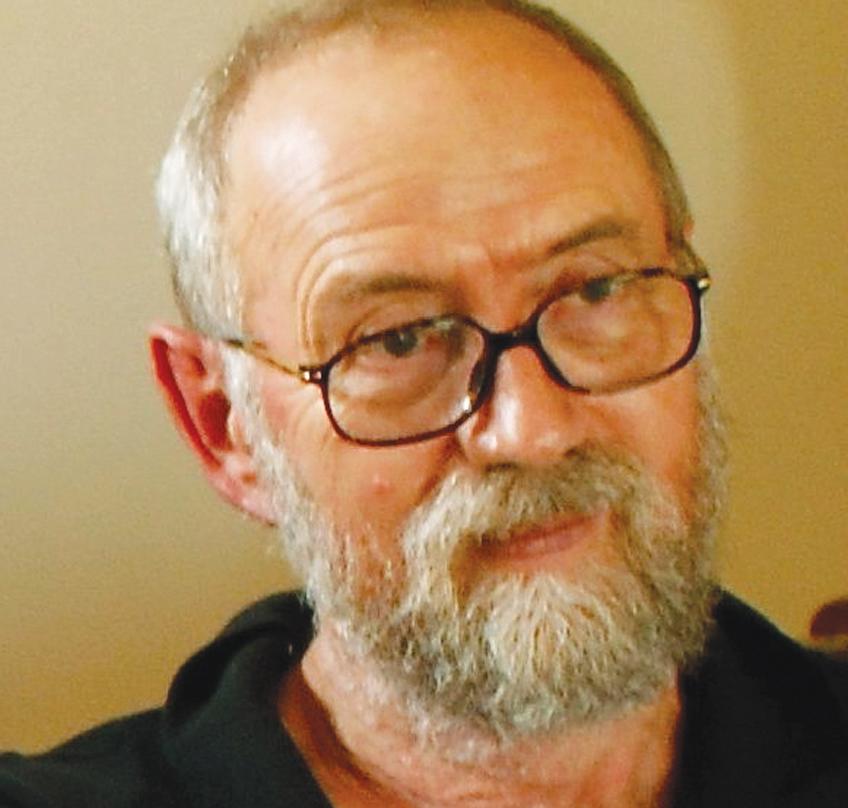Frank Jackson, a world-renowned philosopher and expert in the philosophy of the mind, will be presenting a lecture titled “The Problem of Consciousness Revisited” Tuesday at 7:30 p.m. in Room 205 of Smith Hall.
Jackson, a distinguished professor of philosophy at Australian National University and a visiting professor at Princeton University, will focus on whether science can explain consciousness.
In his thought experiment, “The Mary Case,” Jackson proposed that if a scientist who understood all the underlying scientific concepts of the color red were raised in a world of only black and white, she would learn something when actually exposed to red.
“Qualitative experiences associated with consciousness, such as ‘What it’s like to see red’ cannot be explained by scientific facts alone,” said Spencer Carter, a graduate student studying applied statistics. “But if science can explain all physical things, then it means consciousness must have some non-physical component.”
However, Jackson found a flaw in his theory and changed his mind in 1998. He now believe science can, in fact, explain consciousness.
The work was groundbreaking in the field of philosophy of the mind and continues to be debated today.
“Dr. Jackson framed the issue in a way that no one else has before,” said Torin Alter, professor of philosophy. “Hearing Jackson speak would be like hearing E.L. Wilson speak on biology.”
“Fleshed out with some modifications, ‘The Mary Case’ is an extremely convincing argument to doubt the physicality of consciousness, which I found stunning,” Carter said. “Jackson’s Mary Case formulated this problem that people have been asking for centuries in a very tangible way.”
Alter has done much research on Jackson’s work and was responsible for organizing his lecture at the University.
“I’ve spent much of my life working on concepts that he formulated,” he said. “I was glad that he accepted.”
The lecture will be a great opportunity for students to learn more about the philosophy of the mind from an expert in the field, said Alter and Carter.
“I believe that Dr. Jackson will make it clear to someone without a background in philosophy what the problem facing philosophers today is,” Alter said. “If you have any interest in the philosophy of the mind, I think you will want to hear from someone who has made major contributions to the field.”
Carter echoed those sentiments.
“I think anyone interested in problems about consciousness — of which there are many, both scientifically and philosophically — will get a lot out of the talk, as well as anyone who has even a passing interest in philosophy,” he said.









